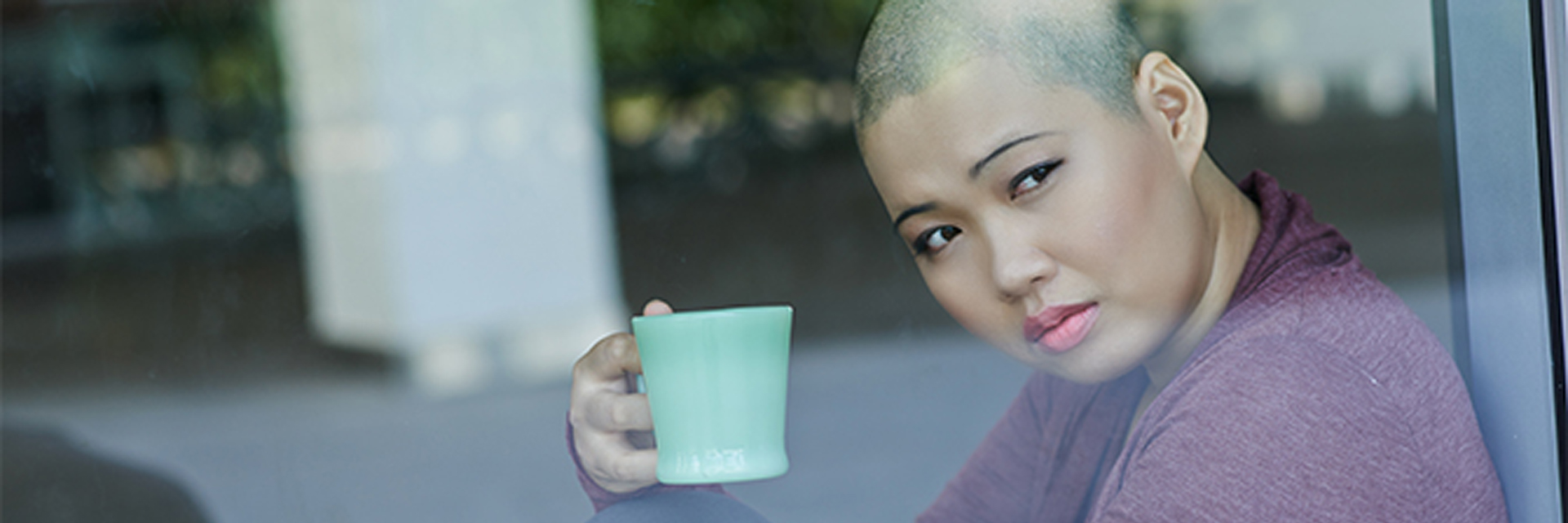A study published in the journal Cancer suggests that patients with early-stage breast cancer who are socially isolated may have a higher risk of dying from the disease than those with more social connections. According to the study, women with fewer social ties were 43 percent more likely to see their breast cancer return and 64 percent more likely to die from breast cancer.
Before you check your Facebook friends list or take out your address book to count how many friends you have, Archana Ganaraj, M.D., a breast surgeon and physician on the medical staff at Texas Health Dallas, said she has some skepticism about the study.
“I think it’s hard to say it’s causal that if you have fewer friends you’re not going to do as well,” Ganaraj said. “I think it’s more of a linkage type study that this is something they’re noticing among these people.”
Ganaraj said there are a lot of other things to take into account besides a patient’s number of friends or their social network including treatment, diet and lifestyle. Most importantly, the study doesn’t look at the type of friendships the people in the study had.
“You could have 3,000 Facebook friends who are very superficial friends, and that may not be as much of a social support as someone who might be introverted and has two friends that they can really count on day in and day out,” she said. “I don’t think we’ve ever really proved that, but you can definitely see a difference in people’s attitudes and their optimism and their sort of motivation to actually get through treatment and get on with their lives when they have people in their life that are important to them.”
Even though Ganaraj admitted she has not seen anything to the extent of what the study is proclaiming, she has seen the logistical downside of not having a solid support system as well as an emotional difference.
“I haven’t seen an increase in survival or the lessening of recurrence like this paper is saying,” she said, “but I have seen a difference in how they face the disease, treatment and recovery, and their ability to put the breast cancer behind them and focus on living the rest of their life, as opposed to people who make this the center of their life even when they’re done with treatment.
“I’ve even had patients who have had off-duty taxi drivers take them home from surgery because they don’t want to ask anyone,” Ganaraj said. “I think it’s also hard getting to appointments, especially if you’re receiving chemotherapy, without having support and having someone help you through it, give you a reason to go through it, and make you realize, ‘Yes, I want to get through this treatment and get on with my life.’”
Ganaraj said her practice just recently started screening patients to gauge the support they have in place, thanks to a suggestion by a nurse, but even before the screening was in place, it wasn’t hard to tell if a patient had a proper support system or not.
“You get a good sense without even asking patients about it directly if someone comes with five family members or a best friend or a husband versus someone who comes in by themselves,” Ganaraj said. “But by talking to them about their social situation, who they live with, how they live and seeing who’s with them, you get a good idea of what someone’s social support group is like.”
Ganaraj added that it’s quite common for spouses or life partners to find a lump or abnormality first before the patient actually realizes it is there, allowing for it to be caught quicker versus someone who is by themselves and may not notice a lump until it has grown larger, they have gone for a mammogram or until a doctor notices it.
Ganaraj said that social butterflies could face the same issues as their introverted counterparts when it comes to fighting their disease alone, since many people with large social circles may be less willing to let their diagnosis be known or may not want to burden their friends or family.
“I think whenever you’re going through this, if there is someone or some people who can help you through it, it is easier to handle,” she said, “but for people who may not have the support they need or for those who don’t want to burden their friends or family, there are support groups and things that like that.”
Texas Health Resources is part of a partnership with Cancer Support Community North Texas to provide emotional and social support for patients during their diagnosis and treatment. These support groups provide emotional and psychosocial support, education, nutrition, exercise offerings and resources, all in a comfortable setting.
Although Ganaraj noted that this study is an interesting reminder for people in health care to keep in mind what a patient’s social support system might look like, she said concerning yourself with your current health and qualities of your current relationships are more vital to how you’ll get through a breast cancer diagnosis than the size of your social group.
“When someone gets this diagnosis, they’re so overwhelmed, and the last thing they want to do is go out and make new friends, but knowing there are support groups in place for someone who does want to talk but doesn’t feel like they have someone they can do that with is so important.”

